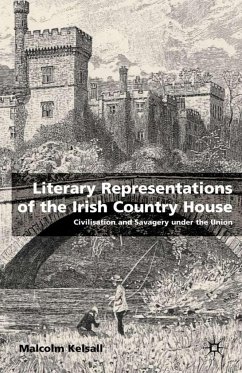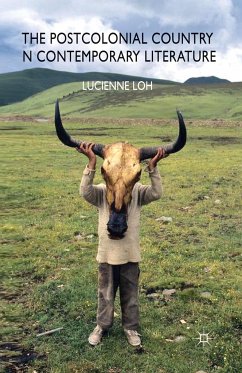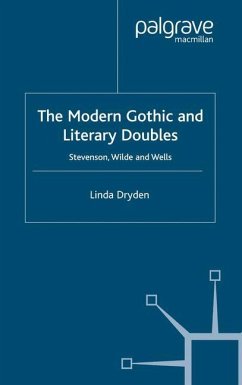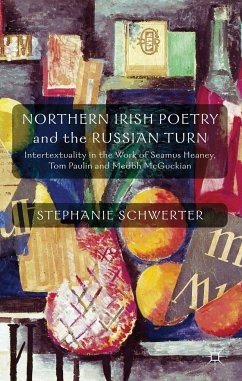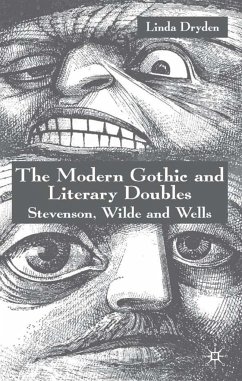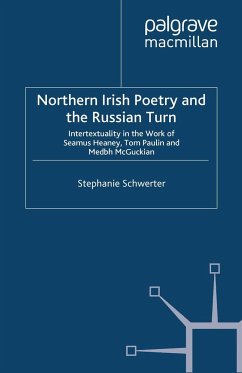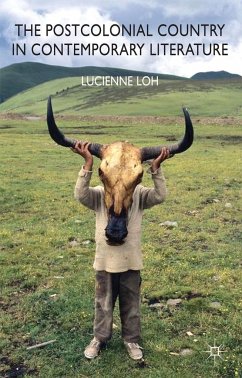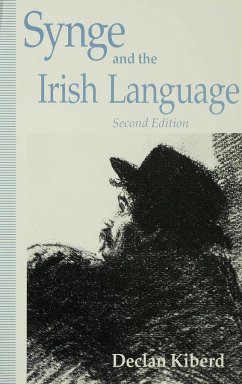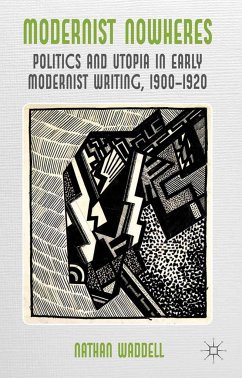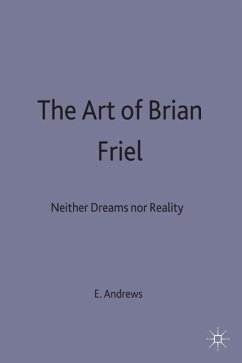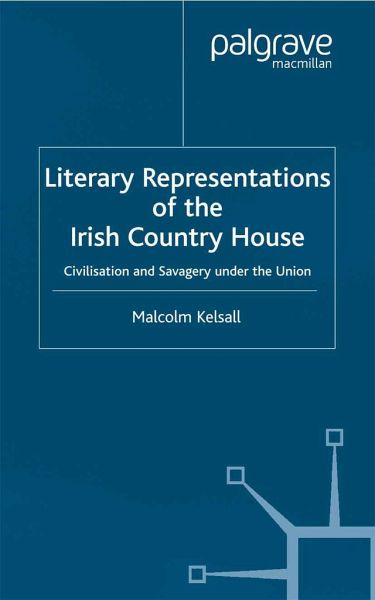
Literary Representations of the Irish Country House
Civilisation and Savagery Under the Union
Versandkostenfrei!
Versandfertig in 6-10 Tagen
38,99 €
inkl. MwSt.
Weitere Ausgaben:

PAYBACK Punkte
19 °P sammeln!
This innovative new study examines the significance given to the country house in Ireland under the Union and how this is represented in the works of Edgeworth, Lever, Trollope, Martin and Somerville, Bowen and Lady Gregory. The Irish country house is set in a classical and European context as the centre for 'the good life' and the pinnacle of 'civilisation'. In Ireland, that inherited tradition was challenged by an alternative culture nominated as 'savage'. This book explores how the Irish country house was the focus of conflict between and symbiosis of 'civilisation' and 'savagery'.





